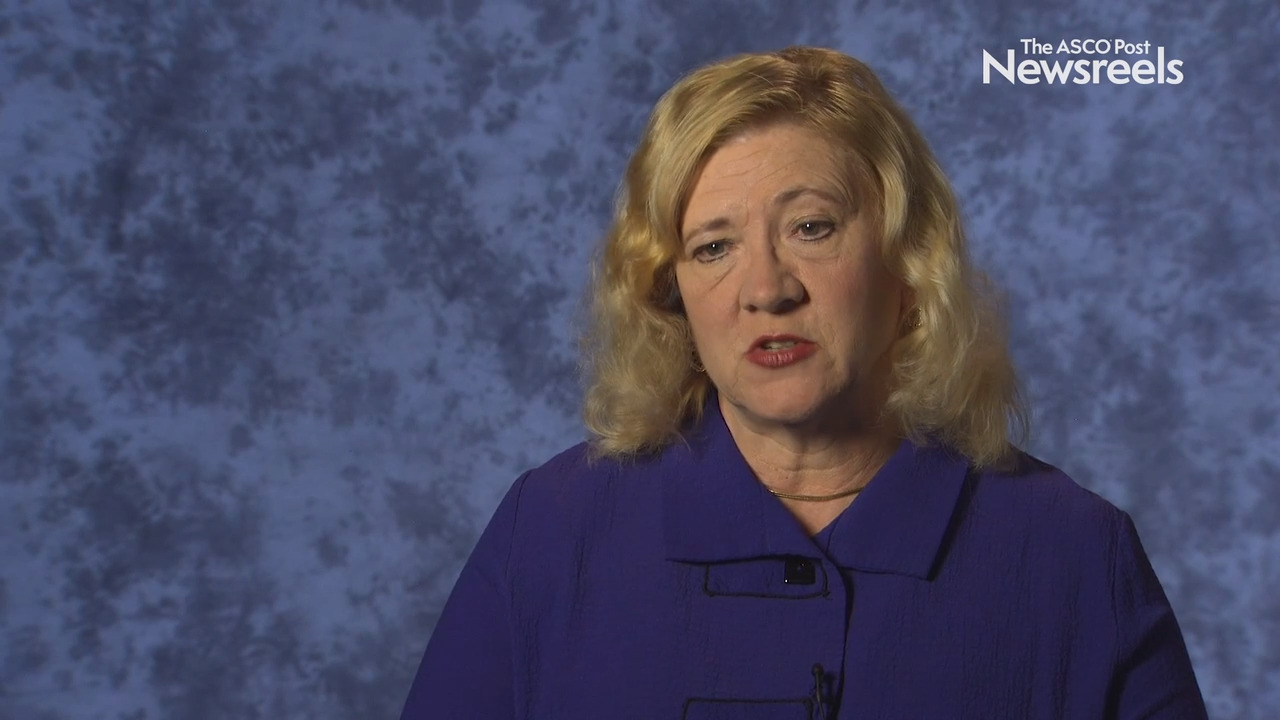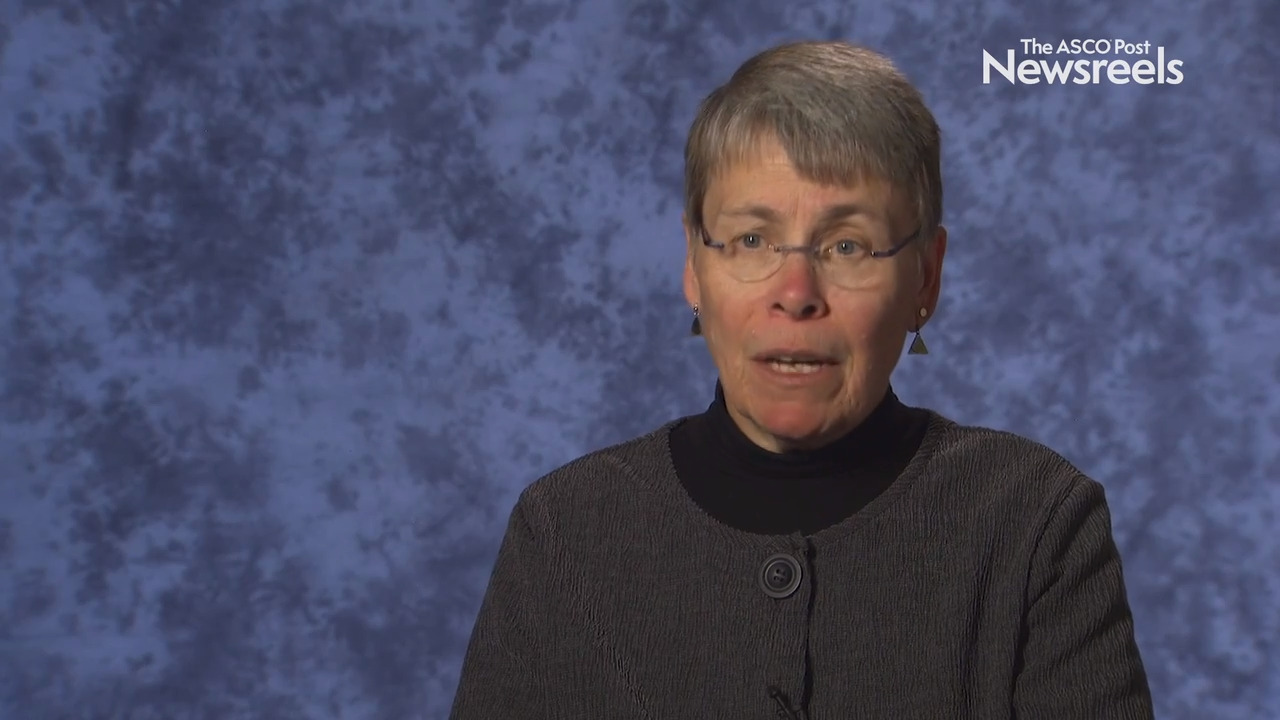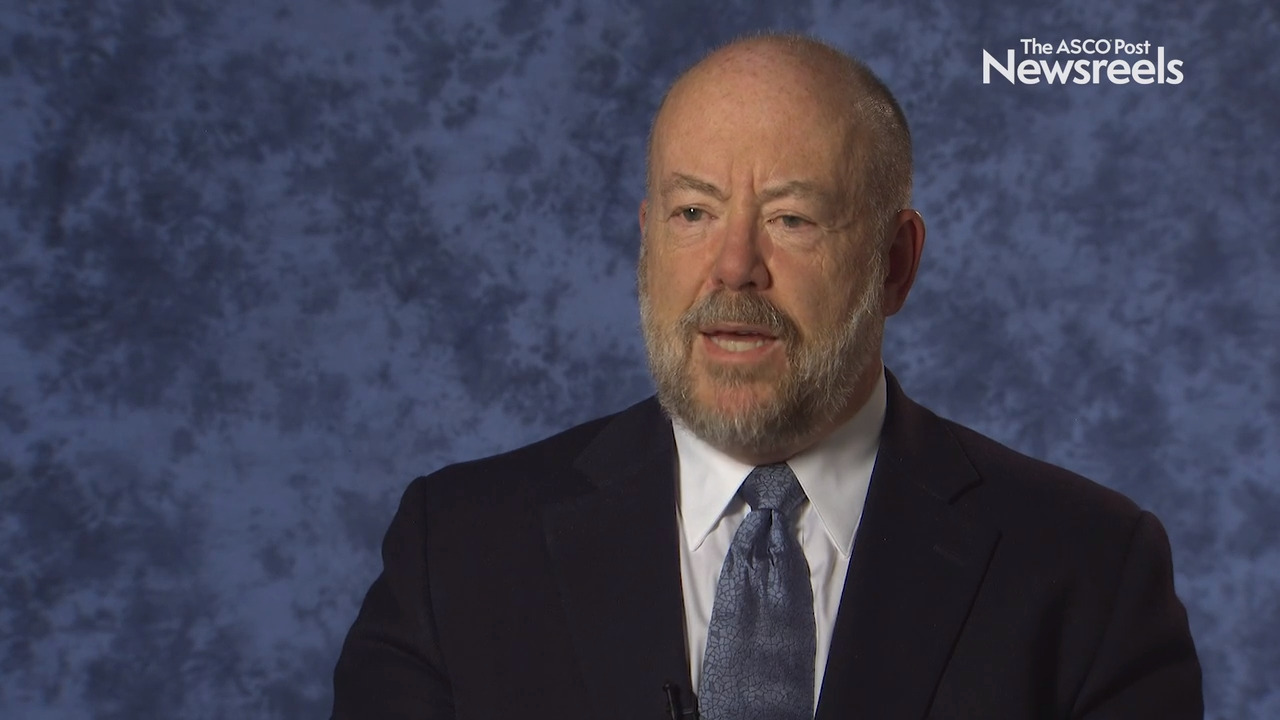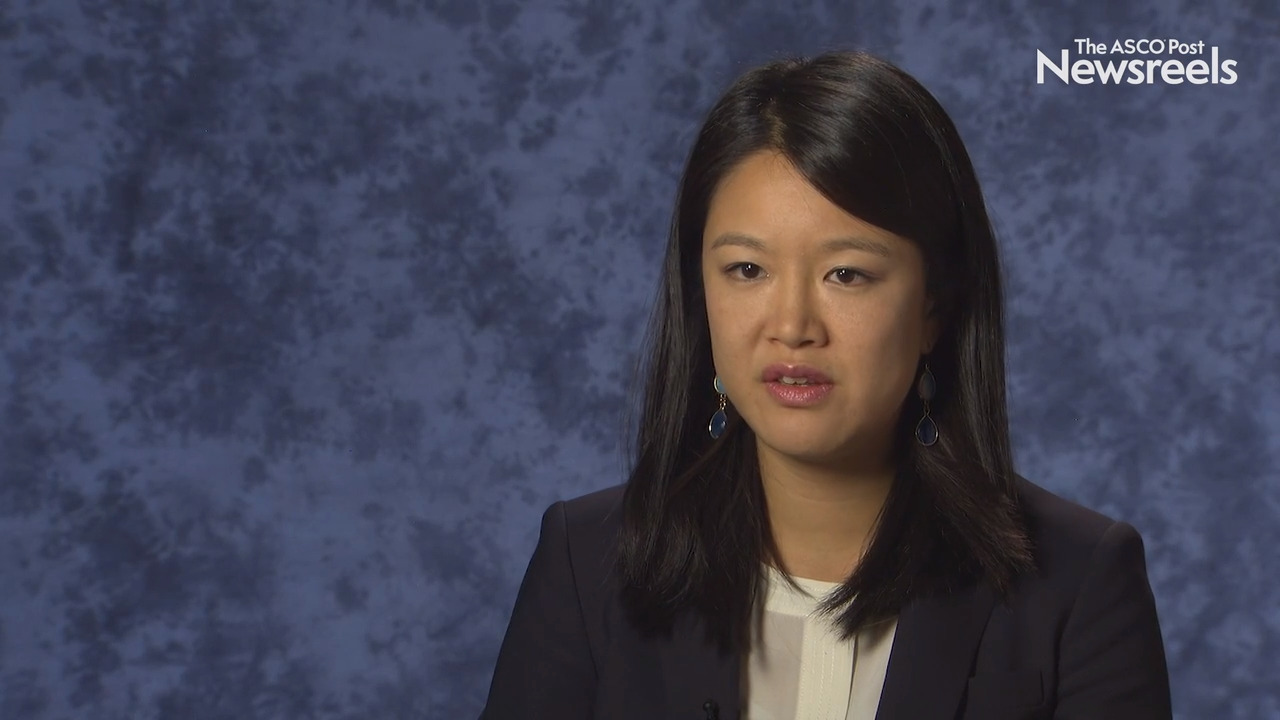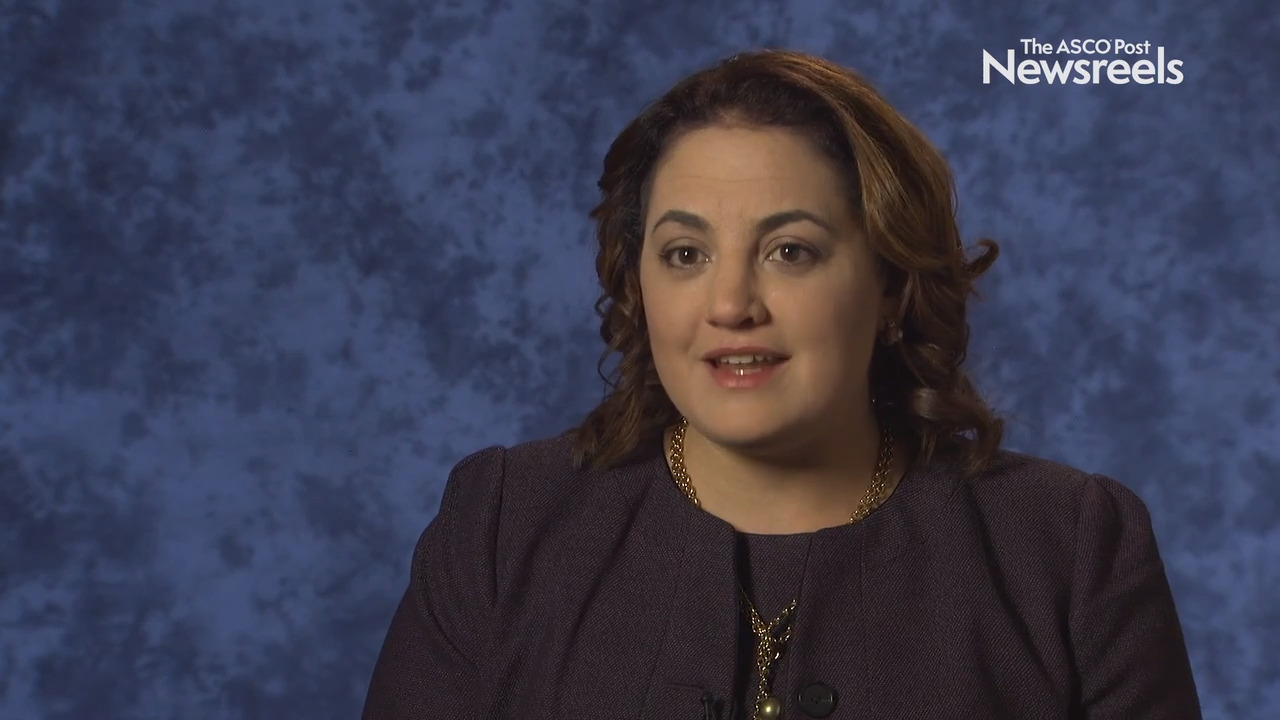Betty R. Ferrell, PhD, of City of Hope, discusses the many advances in immunotherapy and the drugs’ effect on patients’ quality of life, including psychological well-being.
Mary E. Johnson, author of Stay With Me Awhile, discusses her play, a compilation of vigil stories from across cultures and religions, and the profound impact the performances have had on audience members.
Charles von Gunten, MD, PhD, of OhioHealth, discusses the critical need for opioids to manage cancer pain as well as the myth of addiction, which may impede best care.
Katherine C. Lee, MD, of Massachusetts General Hospital, discusses her study findings that showed older patients with metastatic cancer who survived emergency general surgery experienced higher intensity end-of-life care than similar patients who did not undergo surgery (Abstract 56).
Allison S. Betof Warner, MD, PhD, of Memorial Sloan Kettering Cancer Center, discusses the rationale for immunotherapy and combination treatments, identifying the agents that lead to toxicities, and ways to manage them.
